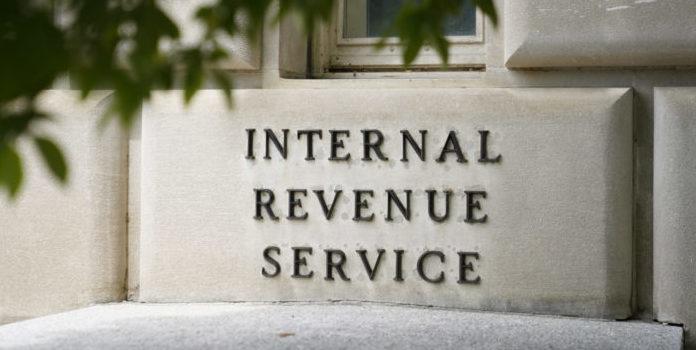(Headline USA) When IRS Commissioner Danny Werfel met privately with senators recently, the chairman of the Senate Finance Committee asked for his assessment of a startling report: A whistleblower estimated that 95% of claims now being made by businesses for a COVID-era tax break were fraudulent.
“He looked at his shoes and he basically said, ‘Yeah,’” recalled the lawmaker who posed that question, Sen. Ron Wyden, D-Ore.
The answer explains why Congress is racing to wind down what is known as the employee retention tax credit. Congress established the program during the coronavirus overreaction as an incentive for businesses to keep workers on the payroll.
Demand for the credit soared as Congress extended the tax break and made it available to more companies. Aggressive marketers dangled the prospect of enormous refunds to business owners if they would just apply. As a result, what was expected to cost the federal government $55 billion has instead ballooned to nearly five times that amount as of July. Meanwhile, new claims are still pouring into the IRS each week, ensuring a growing price tag that lawmakers are anxious to cap.
Lawmakers across the political spectrum who rarely agree on little else — from radical leftist Sen. Elizabeth Warren, D-Mass., to conservative Sen. Ron Johnson, R-Wis. — agree it’s time to close down the program.
“I don’t have the exact number, but it’s like almost universal fraud in the program. It should be ended,” Johnson said. “I don’t see how anybody could support it.”
The Joint Committee on Taxation estimates that winding down the program more quickly and increasing penalties for those companies promoting improper claims would generate about $79 billion over 10 years. Lawmakers aim to use the savings to offset the cost of three business tax breaks and a more generous child tax credit for many low-income families. Households benefitting from the changes in the child tax credit would see an average tax cut of $680 in the first year, according to an estimate from the nonpartisan Tax Policy Center.
The package was overwhelmingly approved by a House committee last week, 40-3, showing it has broad, bipartisan support.
Under current law, taxpayers have until April 15, 2025, to claim the employee retention credit. The bill would bar new claims after Jan. 31 of this year. It also would impose stiff penalties on those who are promoting the employer retention tax credit if they know or have reason to know their advice will lead to an underreporting of tax liabilities.
When Congress created the tax break for employers at the panic’s onset, it proved so popular that lawmakers extended and amended the program three times. The credit, worth up to $26,000 per employee, can be claimed on wages paid through 2021.
To qualify, generally businesses must show that a local or state government order related to the COVID-19 pandemic resulted in their business having to close or partially suspend operations. Or the businesses must show they experienced a significant decline in revenues.
Larry Gray, a certified public accountant from Rolla, Missouri, said he had concerns early on about how the program could be abused.
“There was no documentation really to speak” and the IRS just sent out the checks, Gray said. ”They just started printing the checks and I believe Congress was wanting them to print the checks.”
Adapted from reporting by the Associated Press

